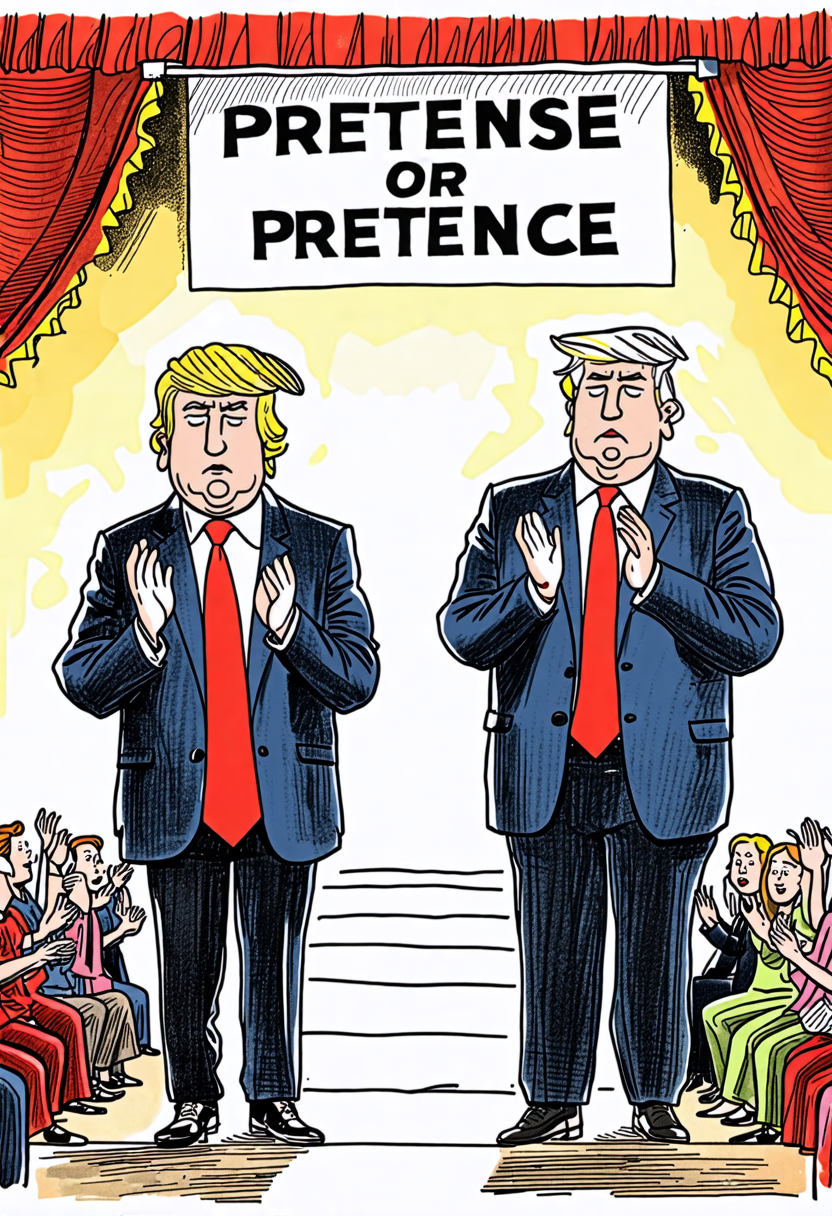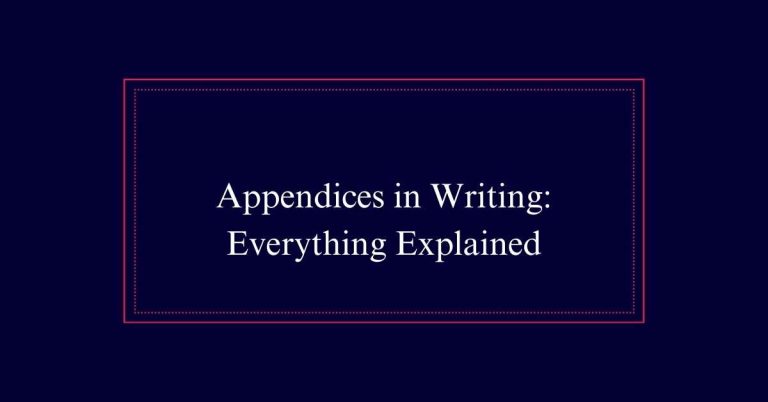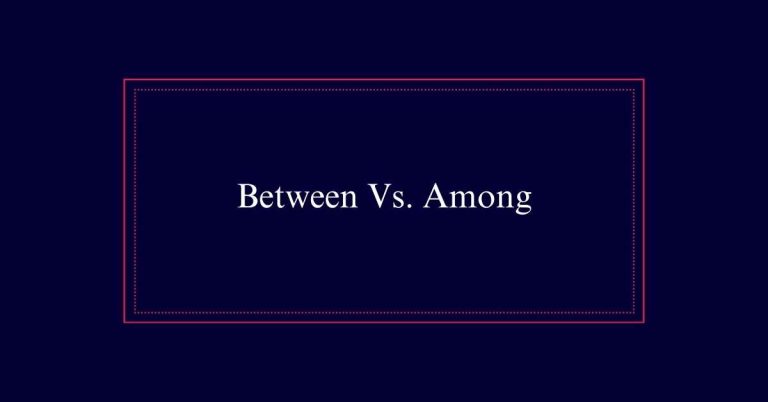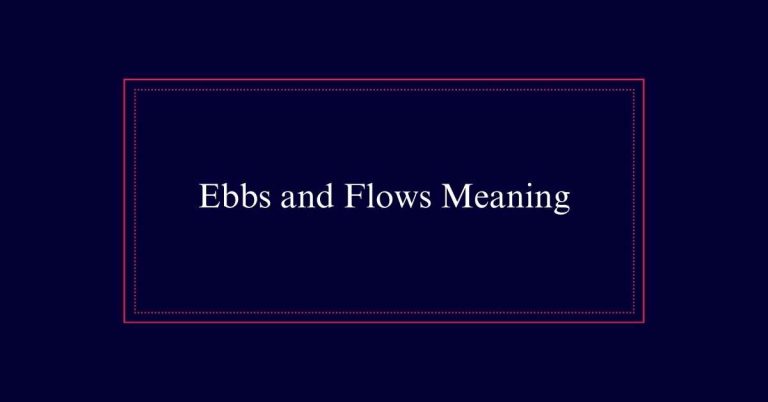Pretense or Pretence?
Pretense and pretence are two variations of the same word. ‘Pretense’ is commonly used in American English, while ‘pretence’ is the British English spelling. Both terms describe false claims and insincere behavior. The choice between the two depends on your audience’s location. Historically, these differences arose from regional preferences and standardization trends.
Definition of Pretense
Pretense refers to a claim or assertion that lacks factual support. It is often used to describe a situation where someone makes a statement or assumption without any real evidence.
For example, a person might claim expertise in a subject without having the necessary qualifications or knowledge. Additionally, pretense can involve making a false claim to hide true intentions.
In social contexts, individuals might adopt certain behaviors or attitudes to fit in or impress others, despite these not being genuine. The term also extends to fiction or make-believe, where the creation of a false scenario is intentional.
Definition of Pretence
Just as pretense denotes a claim without factual support, pretence carries the same meaning but follows the British spelling convention.
Pretence refers to a false claim or an act of pretending to conceal true intentions. It is often used in social contexts to describe behavior that is not genuine. For example, someone might display pretence in their mannerisms to fit into a group.
The term can also imply deceit, as in ‘acting under false pretences’ to achieve a particular goal. While both spellings are correct, pretence is more commonly seen in British English, reflecting regional differences in spelling conventions.
American English Usage
In American English, the preferred spelling is ‘pretense.’ This term is commonly used to describe a false claim or act intended to deceive. For example, someone might engage in pretense to mask their true intentions or to create a misleading appearance.
The word ‘pretense’ is also used in legal contexts, such as ‘under false pretenses,’ which implies acting with hidden motives. Additionally, ‘pretense’ can refer to fiction or make-believe scenarios, often in literature or drama.
American publications, educational materials, and professional writing consistently use ‘pretense’ to maintain uniformity. Understanding this distinction helps writers and readers engage more effectively with American English texts, ensuring clear and accurate communication.
British English Usage
In British English, the spelling ‘pretence’ is preferred for describing a false claim or act intended to deceive. This term is commonly used in literature, media, and everyday conversation within the United Kingdom and other Commonwealth countries.
For example, a newspaper might report that a politician made a promise under false pretences. The spelling ‘pretence’ aligns with other British English conventions, distinguishing it from the American ‘pretense.’ Despite the different spellings, the meanings remain consistent across both dialects.
In professional writing, adhering to the preferred regional spelling enhances clarity and reader engagement. Hence, understanding the audience is essential when choosing between ‘pretense’ and ‘pretence.’
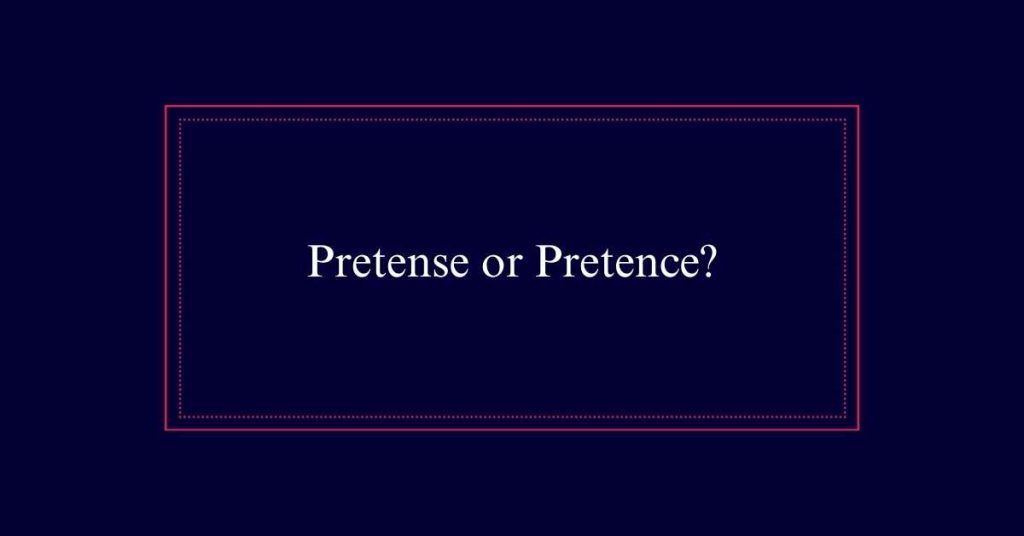
Historical Context
While British English favors the spelling ‘pretence,’ understanding the historical context behind these variations provides deeper insight into their usage.
The divergence between ‘pretense’ and ‘pretence’ stems from historical developments in the English language. Here are four key points to take into account:
- Early Modern English: Both spellings coexisted, but regional preferences began to emerge over time.
- 18th Century Standardization: American English adopted ‘pretense’ as part of Noah Webster’s efforts to simplify spelling.
- British Conservatism: British English retained ‘pretence,’ aligning with traditional spellings.
- Global Influence: The spread of English worldwide has led to both forms being understood, though regional usage persists.
Common Misunderstandings
Despite the regional spelling differences, common misunderstandings about ‘pretense’ and ‘pretence’ often arise. Many people assume that one spelling is incorrect, when in fact, both are valid.
The confusion extends to their meanings as well. Some individuals believe that ‘pretense’ and ‘pretence’ have different definitions, but they are synonymous. Both terms refer to a false claim or an attempt to deceive.
Additionally, misunderstandings occur regarding their usage in sentences. People may incorrectly use these words to describe fiction or imagination, which is not always accurate. Understanding the correct context and regional preferences can help prevent these errors.
Fiction and Make-Believe
Understanding regional spelling preferences helps clarify the use of ‘pretense’ and ‘pretence,’ particularly when exploring their roles in fiction and make-believe. In literary contexts, these terms often embody the essence of crafted realities or imaginative scenarios.
The terms are used to describe:
- Character motivations: Characters may act under a pretense or pretence, creating depth in the narrative.
- Plot devices: Authors employ pretense or pretence to introduce twists or hidden truths.
- Dialogue: Characters might speak with pretense or pretence to deceive or entertain.
- Themes: Fiction often explores themes of reality versus illusion through pretense or pretence.
Hidden Intentions
Hidden intentions often drive characters to act under a pretense or pretence, adding complexity to their actions and motivations. These hidden motives can be vital in revealing the true nature of individuals.
By masking their real intentions, characters can manipulate situations to their advantage, often leading to dramatic or unexpected outcomes. This duplicity can be seen in various contexts, from literature and film to real-life scenarios involving politics or personal relationships.
Understanding the role of hidden intentions helps in deciphering the true meaning behind actions. It also underscores the importance of scrutinizing claims and behaviors critically. Whether spelled ‘pretense’ or ‘pretence,’ the concept remains a powerful tool in analyzing human interactions.
Examples in Daily Life
In daily life, pretense often manifests in social interactions where individuals may hide their true feelings to maintain harmony or achieve personal goals. This behavior can take various forms:
- Workplace Dynamics: Employees may feign enthusiasm for tasks to appear dedicated.
- Family Gatherings: Relatives might pretend to enjoy each other’s company to avoid conflict.
- Romantic Relationships: Partners sometimes mask disappointment to protect each other’s feelings.
- Friendships: Friends may exaggerate interest in each other’s hobbies to strengthen bonds.
These examples illustrate how pretense is woven into everyday interactions. People often resort to pretense to navigate complex social landscapes. This behavior helps maintain relationships and achieve personal objectives, though it may sometimes lead to misunderstandings or mistrust.
Frequently Asked Questions
How Do You Pronounce Pretense and Pretence?
Both “pretense” and “pretence” are pronounced the same way: “pri-tens.” The pronunciation does not differ between American and British English, despite the variation in spelling. The emphasis is on the second syllable.
Are There Synonyms for Pretense/Pretence?
Yes, there are synonyms for pretense/pretence. They include affectation, guise, facade, sham, charade, and deception. Each word can be used to describe a false display or misleading appearance, depending on the context.
Can Pretense/Pretence Be Used in Legal Contexts?
Yes, pretense/pretence can be used in legal contexts. It often appears in phrases like “under false pretenses,” referring to actions taken with hidden motives or deceit, which can be relevant in fraud and deception cases.
What Are Antonyms of Pretense/Pretence?
Antonyms of pretense or pretence include honesty, sincerity, and genuineness. These terms indicate the absence of deceit or false claims, highlighting a straightforward and truthful manner in communication or behavior.
How Can Pretense/Pretence Be Used in Literature?
In literature, pretense or pretence can highlight characters’ deceit, false identities, or hidden motives. It adds depth to plot twists and character development, revealing underlying themes of hypocrisy, ambition, or self-deception.
